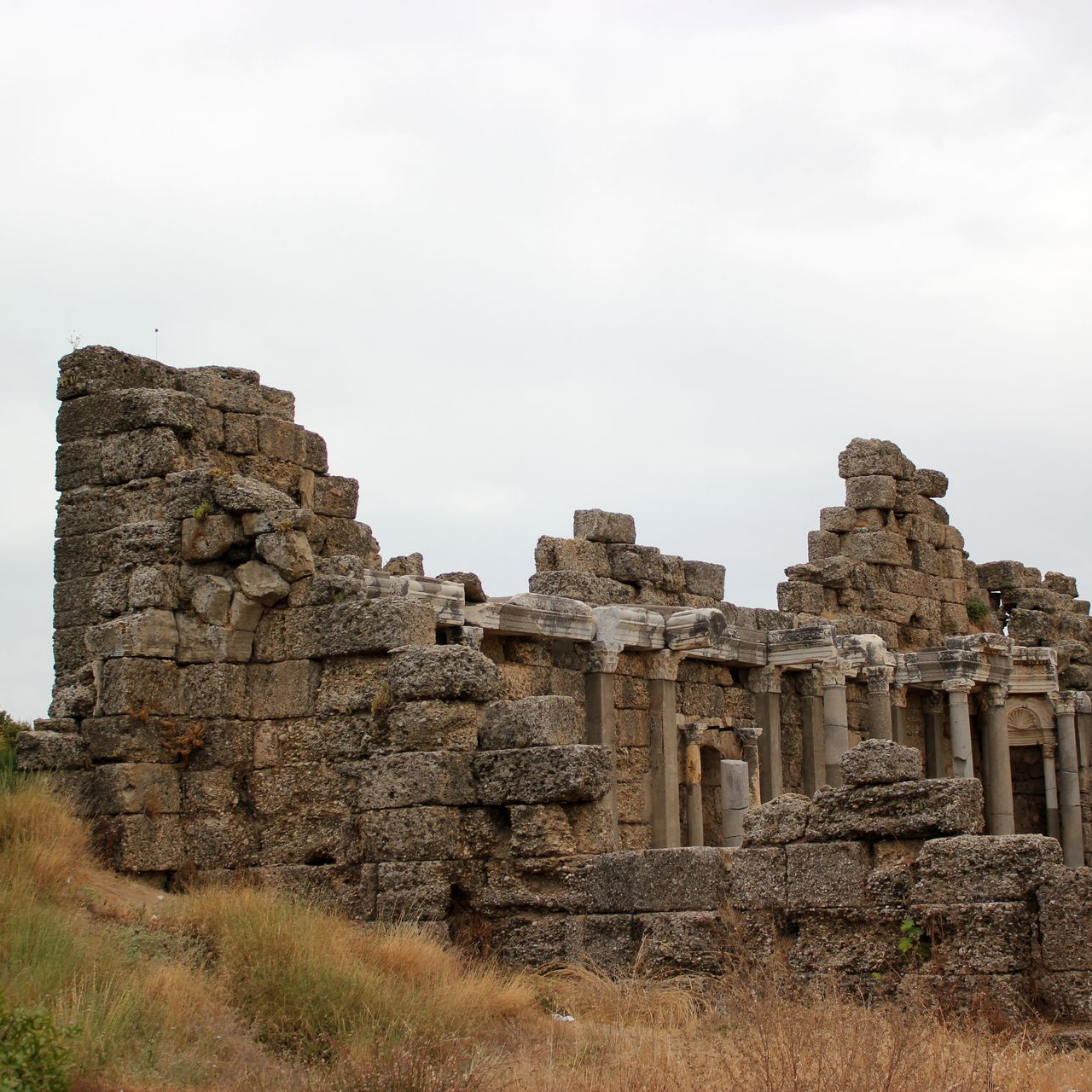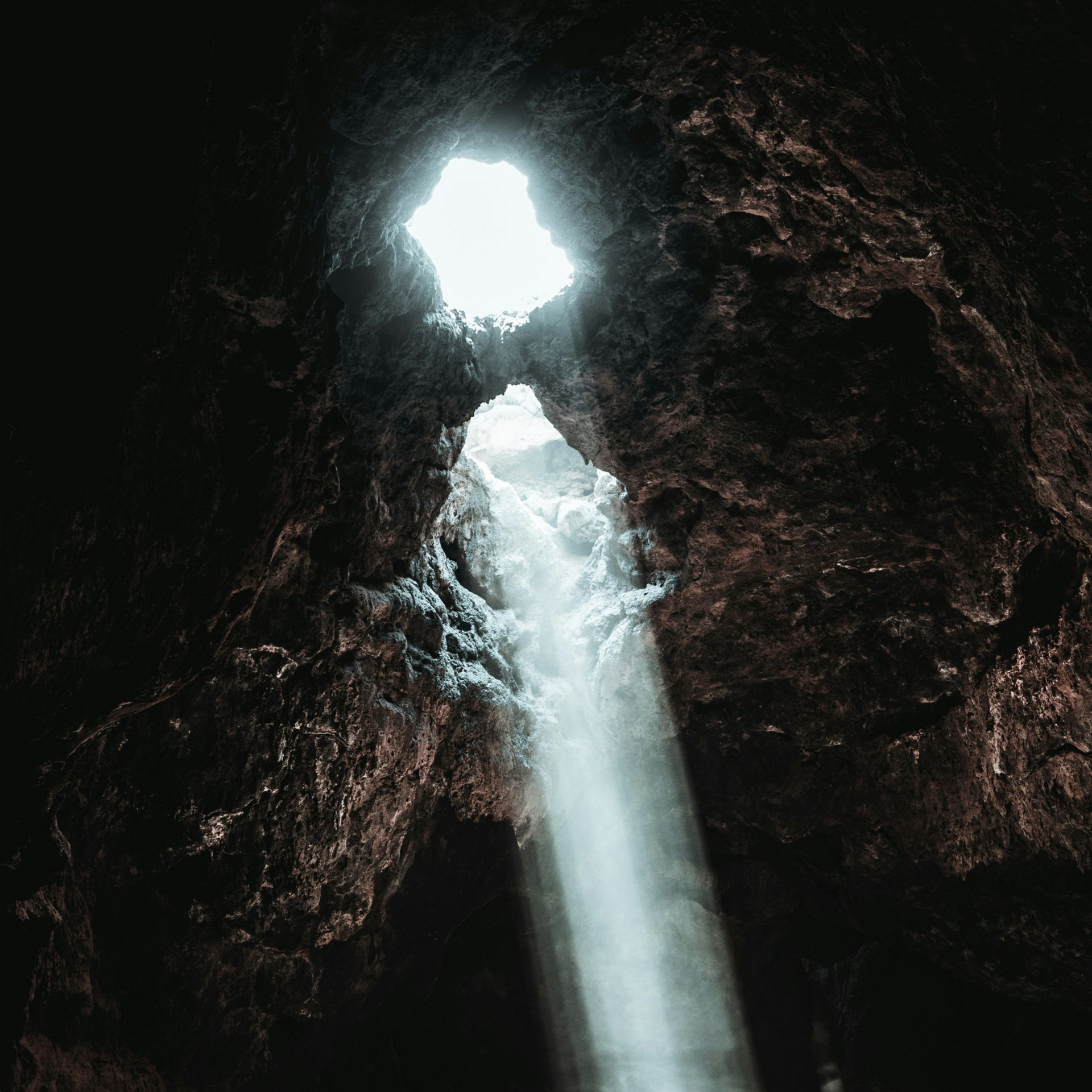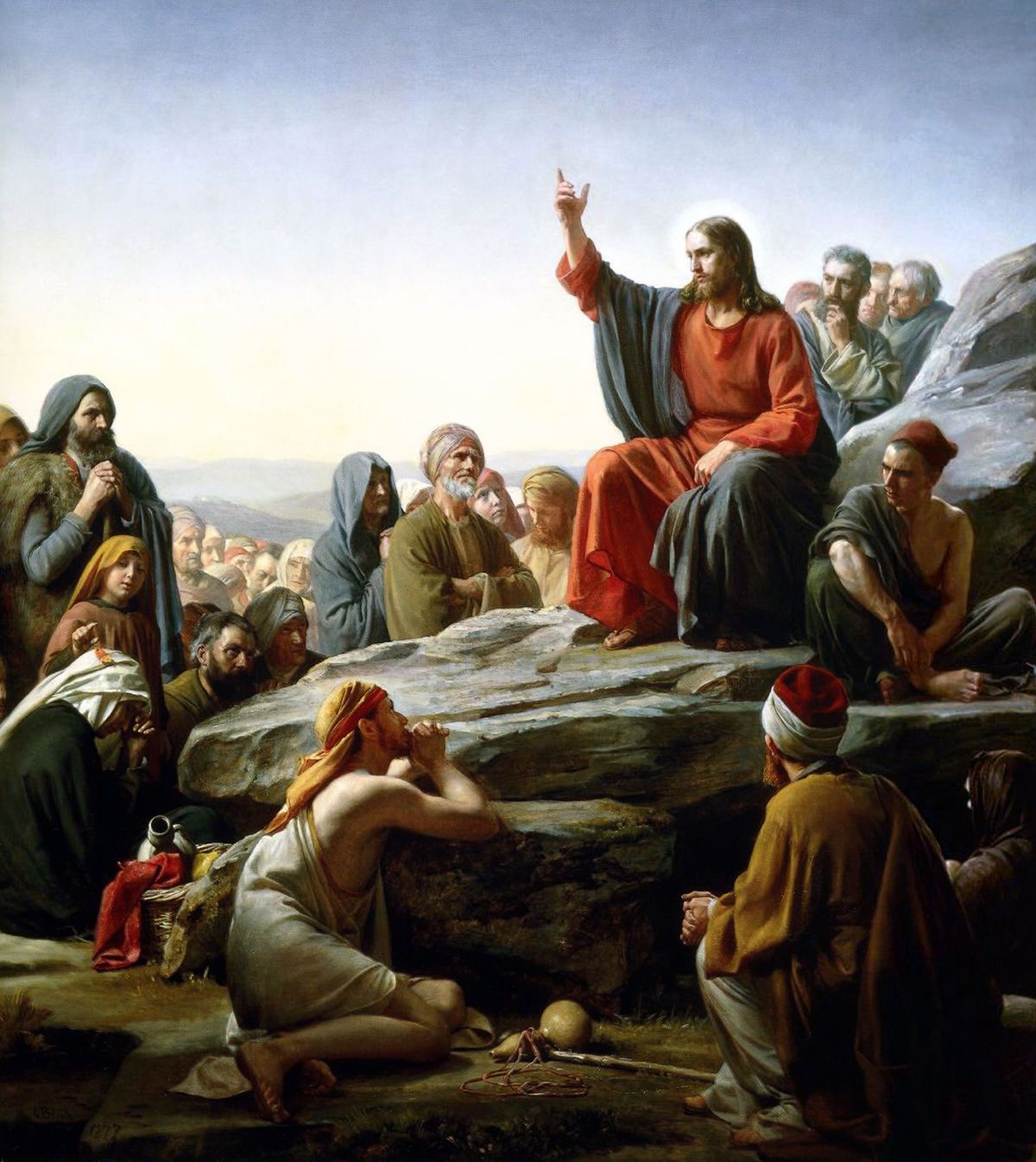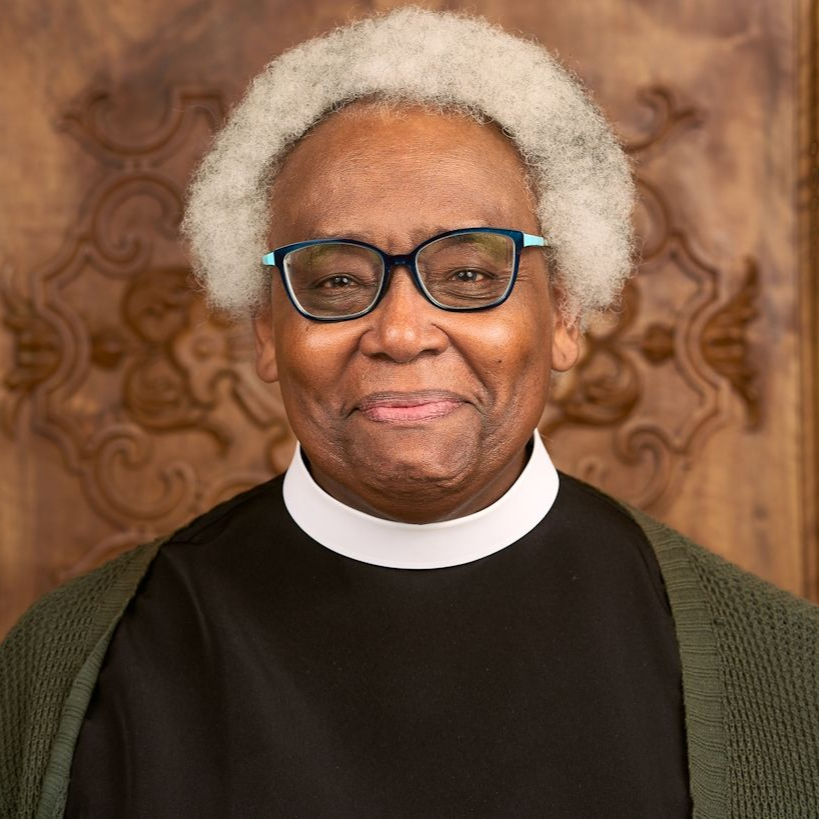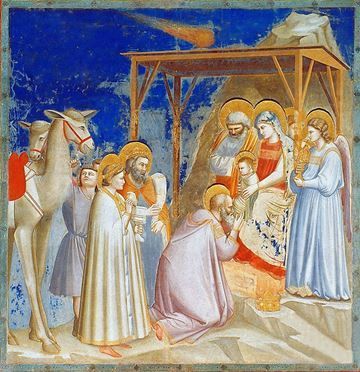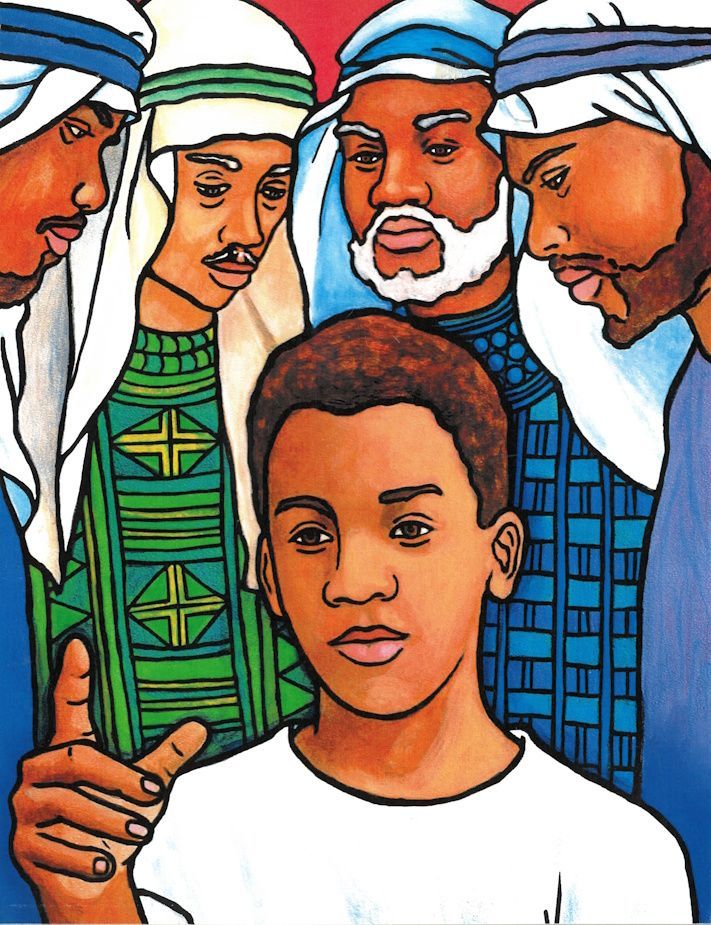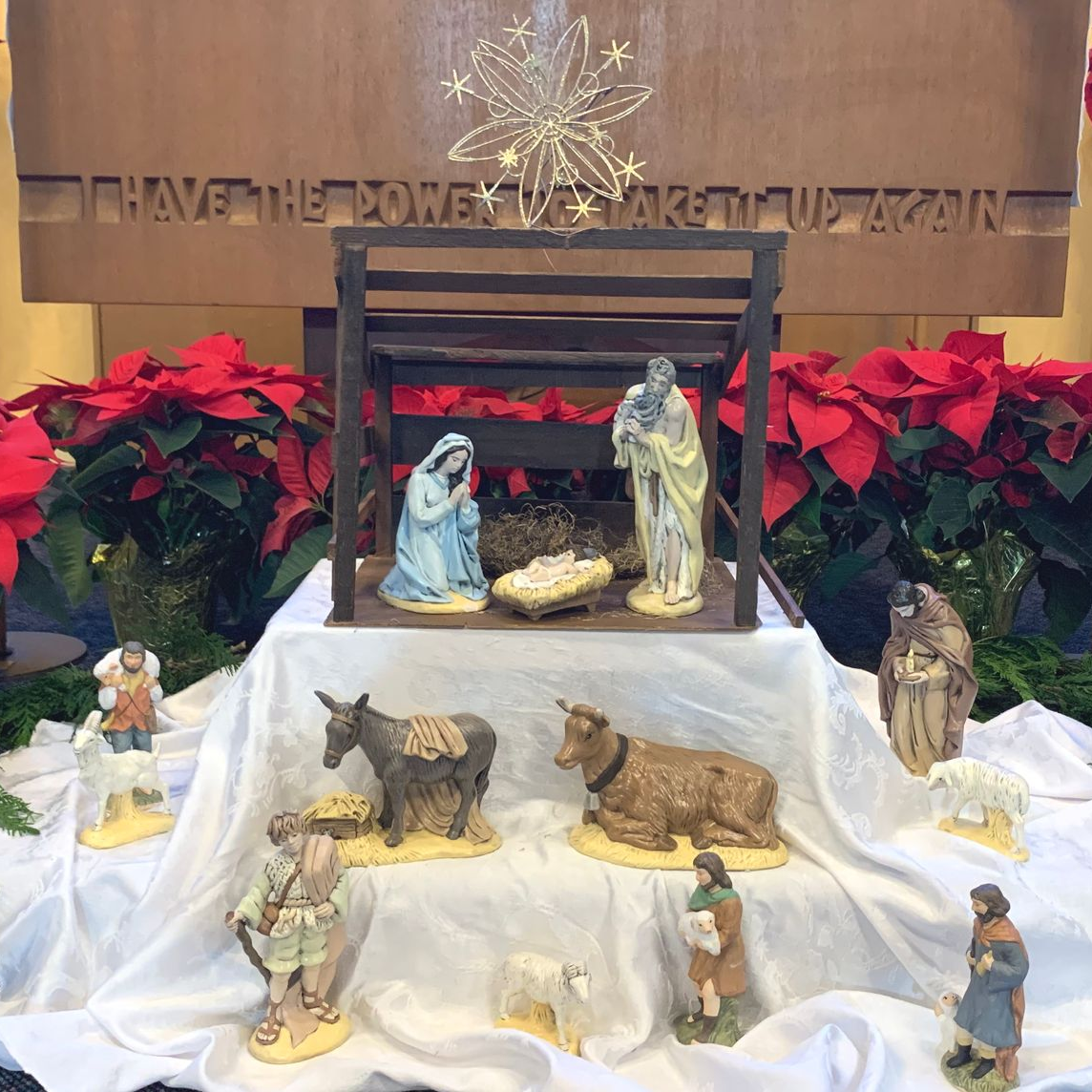These Aren't the Signs You're Looking For
Hey, Jesus, is the world about to end? It sure feels like it ...
“Even if I knew the world was going to end tomorrow, I would still plant an apple tree today.” This quote was attributed to Martin Luther about 400 years after his death. So … epic fail on the attribution, but I still think it’s a neat saying.
We’ll come back to the apple tree in a few minutes. First I want to ask: do you ever stop to wonder about the origins of yourself? I don’t mean something as simple as “God made me,” or “my parents made me.” I’m talking about the very molecules—and even the very atoms—in your body. Where were they before they became you?
The molecules that make up your body today are not the same ones you were born with … not at all. There are a few exceptions, like neurons in your cerebral cortex: you get to keep those for life. But your skin cells? You had a totally different set of those just a month ago! So it’s natural to wonder whether molecules in your body today may have once coursed through the veins of Buddy Holly, or Mary Shelley, or Genghis Khan … or Jesus of Nazareth! Why wonder about this stuff if we’ll never be able to know? Well, maybe that wonder is worthwhile just for its own sake.
Scientists tell us that nothing in the universe has popped into existence out of nowhere … all the stuff was there at the instant of the Big Bang. From there it formed atoms, and then molecules, and then everything that still is. It just keeps … changing around. Old things fall apart, and new things form. The same goes for living beings like you and me.
So really, then … should Jesus’ words in today’s gospel passage surprise us in any way? “As for these things that you see, the days will come when not one stone will be left upon another; all will be thrown down.”
It’s kind of obvious, right? Of course the Temple in Jerusalem wasn’t going to last forever. It only made it another forty years, and then most of its individual pieces became … other things. I’m put in mind of the time I visited Salisbury Cathedral in England. Walk a few hundred feet from that glorious structure and you’ll find what little remains of the second-century Roman wall that they raided for building stones!
The disciples, nevertheless, are alarmed. “Teacher, when will this be, and what will be the sign that this is about to take place?” I want to paraphrase Jesus’ response to their query in a way that may make more sense to our 21st-century ears.
“Look, guys: I get that for you, this Temple is so important that it must seem like it can never stop being here. But it’s only been here for 500 years. What are you so afraid of? War? You know that invasions and occupations and exiles have always happened and always will. So if you’re looking for a sign of the end of the world, well … that’s not it.
“What about natural disasters? Earthquakes, famines, plagues, tsunamis … and weird things in the sky, like solar and lunar eclipses? Again, this kind of thing happens all the time—always has, always will. These aren’t the signs you’re looking for.
“While all of that keeps happening, I can tell you this much: life will not always go well for you. When the powers-that-be discover that you’re one of those who follow in the Way of the Cross like I am about to do, they’ll find you awfully inconvenient. When you speak truth to power and refuse to bow to the emperor and his conquering ways, they’ll detain you and arrest you and level false charges against you.
“One day they’ll even figure out how to lull you into a false sense of security. If you’re well-fed, you won’t want to rock the boat. If you’re hungry, they’ll tell you they’re the ones keeping other hungry people from stealing your food, all the while enriching themselves to an obscene degree. That’s a lot easier than trying to keep you oppressed. They’ll give you just enough that you won’t want to risk sharing what little you have.
“But some of you will see through the charade, and if you do, it’ll be because you learned empathy from my example. If you’re not caring for one another, you’re in league with the Enemy—it’s the same thing the prophets have always urged you not to forget. When you defend the vulnerable, you just might wind up dead. And even this won’t be the sign you were hoping for, because this kind of thing has always happened and will keep happening as long as human beings exist.
“But here’s the big secret good news: even if they kill you, they won’t be able to kill you. They don’t hold the power of life and death: I do. And you will all die a mortal death like I will … every last one of you. And then you will all, every last one of you, be raised to new life. Just hang in there and you’ll see. You’ll see! I will suffer and die, and you will too, and it’s all going somewhere new and exciting and joyous. Just … not quite yet.”
Do you find this Jesus’ words reassuring? I do and I don’t. I mean, it’s exactly what we need to be assured of, right? And I see clearly that the ancients were real people, and we’re real people, and nobody knows what they’re doing, and everybody’s afraid an uncomfortable amount of the time. Sometimes a reality check is exactly what I need, but it’s not the reassurance I hope for. I want someone to tell me how to just fix it, but I can’t, and you can’t, and none of us can.
Well, whenever we want a kind of reassurance that’s a little less dire, we can turn to Isaiah for that. Isaiah is all about poetic promises. His metaphors transcended his own time and culture so well that we’re still sharing them with one another 2500 years later. Imagine, if you will, a new universe with different rules! Imagine that we don’t even think about the old world anymore. Wolves and lambs living together … lions are now vegetarians … everyone is in a better situation.
Well, except for the serpent, who had a strong metaphorical hand in messing it all up to begin with. Eat dust, serpent!
OK, Isaiah, but how do we get there? Centuries pass. OK, Jesus, but how do we get there? Four times as many centuries pass again, and here we are, the Church of the Good Shepherd and all our families and friends, watching our nation crumble around our ears, or at least the false sense of security we had labored under all our lives! It’s all falling apart, like the Temple in Jerusalem. We have no idea what the future holds.
How do we get there? Jesus tells us the answer: endurance. “By your endurance you will gain your souls.”
You know, endurance is an odd thing. People can endure an awful lot. Those of us who have lived more privileged lives may find this quite troubling. I heard it in a song once: “Never had to knock on wood/ But I know someone who has/ Which makes me wonder if I could.”[1] Well, it turns out that we can. Because while endurance may be a skill one can improve at, it also shows up as a gift from God. We look back at all that we went through and wonder, “How did I ever endure that?”
The concept of endurance connects with today’s passage from the Second Letter to the Thessalonians. This is one of those letters that Paul probably didn’t write; most likely it comes from a later time, when a community of believers was beginning to wonder whether the end of the world that Paul was so certain was coming would ever arrive.
The people’s anxiety has led to problems. Our text says some of them are “living in idleness,” but a better translation is probably “living irresponsibly.” Hey, if the world hasn’t ended yet, will it ever? Or will everything just keep on going in the same way? My whole sermon up to this point could make you believe that. And if that’s the case, why not just eat, drink, and be merry?
Remember back in May, when someone confronted a certain Iowa senator about the pending cuts to Medicaid by saying, “People are going to die”? Do you remember her response? “Well, we are all going to die. For heaven’s sake, folks!”
Why even try to help one another if we’re all going to die anyway? Because true endurance doesn’t mean giving up and allowing whatever happens to happen. It means living responsibly, in service to one another. As long as we’re all here, is there anything more worthwhile than being good to one another?
So note this well. When the author of this letter writes, “Anyone unwilling to work should not eat,” he’s not aligning himself with the government officials of today who are actively trying to starve children. This verse is not about refusing to help the poor, as if they somehow deserve to go hungry! Rather, it’s about the core expectation of life in community—that we will give in whatever ways we can to sustain one another. To those who have been given much, much is expected. And we don’t get to stop supporting one another just because the future is uncertain.
See, it’s never been about whether the world is going to end tomorrow. It’s about whether we’re going to keep planting trees. No, I can’t eat today from a tree I haven’t planted yet. But if I never plant it, nobody ever will.
We are always in the process of becoming what we have never been before. With Isaiah, we dream of a new world built out of the rubble of all that is falling apart around us even now. With Jesus, we stare down an uncertain future and dare to believe and proclaim that all of this is actually going somewhere—through suffering, through death, and beyond. And like the first-century Thessalonians, we live in community with one another, and it’s appropriate to expect that we will all contribute to the degree we are able to, and in the specific ways we are able to.
So if you wanted signs of the end of the world, well, knock it off! The world isn’t about to end, and that was never the point—because the world is always ending. Every day an old world ends and a new one rises from its ashes. And while we don’t know what the next world will look like, we all get to be a part of this world today. Amen.
[1] The Mighty Mighty Bosstones, “The Impression That I Get” (1997)


